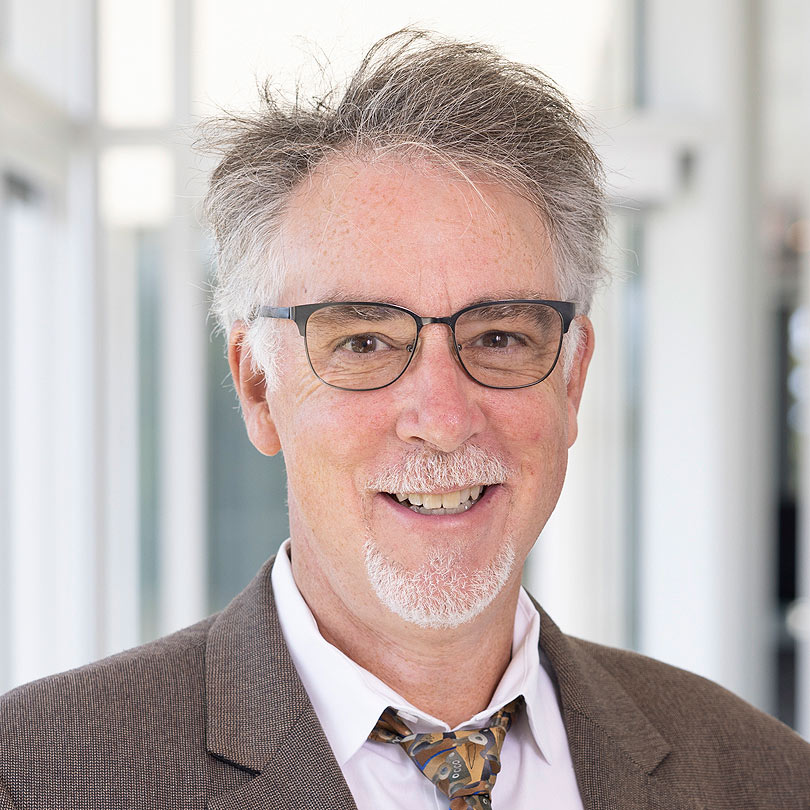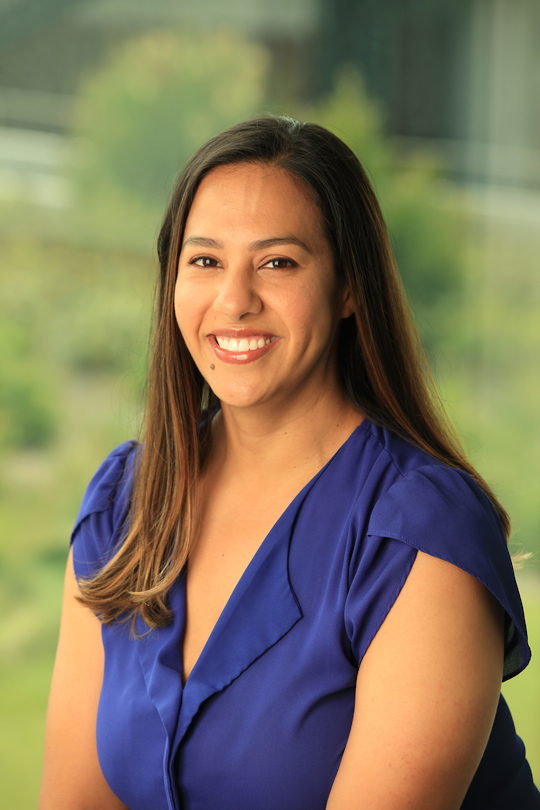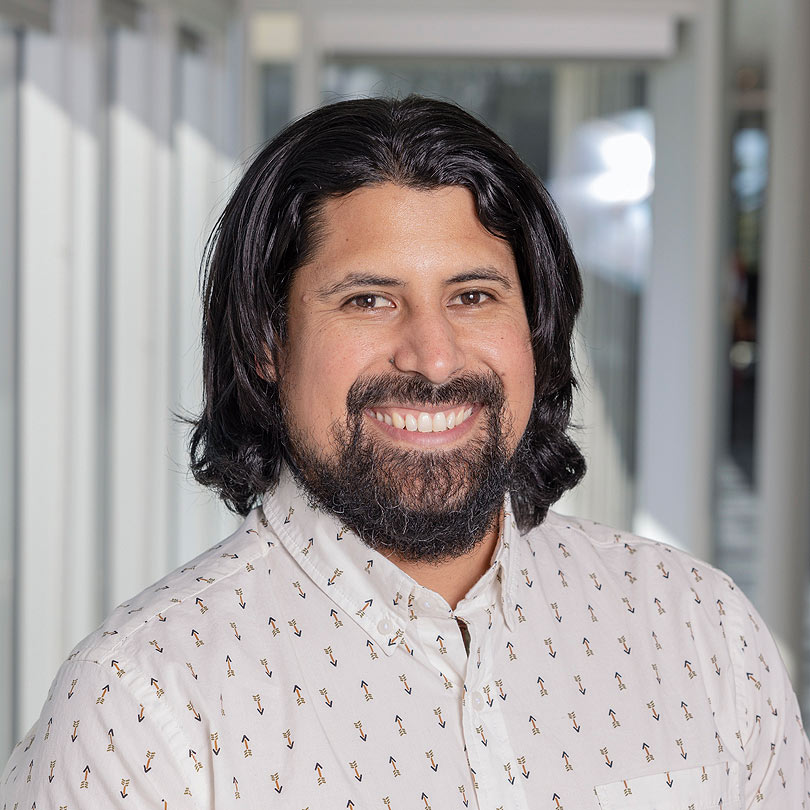Getting Started With Research
Discover the many different forms of research you can engage in.
/0x1:2000x1334/prod01/channel_2/media/csumb/brand-images-2025/academics/college-of-science/marine-science/marine-science-052725-682.jpg)
Enriching the academic experience for students to build a robust portfolio of scholarship, research and creative activities across all disciplines.
/filters:quality(75)/0x326:8192x5139/prod01/channel_2/media/csumb/brand-images-2025/academics/20240809_symposium_bda_014-(1).jpg)
Engaging in the complex problems facing our world is one of the most important and impactful aspects of undergraduate research and higher education.
At CSUMB’s Undergraduate Research Opportunities Center (UROC) you can develop the knowledge, skills and abilities that support career and graduate school readiness.
At the UROC, you’ll engage in mentored research experiences through innovative programs designed to take your knowledge, skills and abilities to distinctive heights, setting you apart in the eyes of graduate schools and employers.
Research at CSUMB will prepare you to address some of the most pressing issues facing our world, and that could take you across the country to engage with other research-intensive institutions while also having the opportunity to present your research findings at major conferences and symposiums, as well as published in respected professional journals.
Find a research opportunity to participate in during the school year or summer that sparks your interest and aligns with your academic and professional goals.
Explore Research Opportunities
“Being accepted into UROC allowed me to gain meaningful experiences prior to committing to a graduate degree program so I can be more confident about my future decisions."
- Annabelle McCarthy, UROC LSAMP Researcher
Discover the many different forms of research you can engage in.
/0x1:2000x1334/prod01/channel_2/media/csumb/brand-images-2025/academics/college-of-science/marine-science/marine-science-052725-682.jpg)
Explore our many research programs, and participate in the exciting research events, workshops and information sessions that we host every semester.
/0x0:2000x1333/prod01/channel_2/media/csumb/brand-images-2025/academics/college-of-science/computer-science/computer-science-042125-062.jpg)
Whether it’s for research supplies or resources to cover research-related travel expenses, you can apply for funding provided by UROC.
/0x0:1920x1280/prod01/channel_2/media/csumb/brand-images-2025/academics/college-of-science/agricultural-plant-and-soil-sciences/editorial/plant-soil-science-031925-002-1920X1280.jpg)
UROC will help you find professional conferences to attend and present your work, and/or journals in which to publish your research, experiences that will enable you to meet potential graduate school mentors and network with researchers from across the country.
/0x1:2000x1334/prod01/channel_2/media/csumb/brand-images-2025/academics/college-of-science/ag-presentations/agps-presentation-080825-003.jpg)
Gain valuable insights and guidance on how to design and deliver an effective oral presentation as well as powerful visual presentations.
/0x1:6982x4656/prod01/channel_2/media/csumb/phase-1b-site-launch/20230516_capstone_science_bda_0068.jpg)
UROC supports a wide range of state and nationally competitive scholarships and fellowships designed to support undergraduate as well as graduate program pursuits.
/0x1:2000x1334/prod01/channel_2/media/csumb/brand-images-2025/academics/college-of-science/statistics/statistics-042425-024.jpg)







/160x0:1841x1334/prod01/channel_2/media/csumb/brand-images-2025/academics/college-of-science/marine-science/marine-science-040925-660.jpg)
Serving as a mentor to undergraduate students through UROC is an excellent way to share your knowledge and experience with the next generation of professionals and scholars.
Learn More/654x0:7539x5464/prod01/channel_2/media/csumb/phase-1b-site-launch/001_030_dundore-arias_science_lab_040323.jpg)
Get the answers you need to understand what it’s like to be an undergraduate mentor through UROC.
Learn More/481x0:5521x4000/prod01/channel_2/media/csumb/brand-images-2025/academics/del40296chemistry/biology-chemistry-073025-079.jpg)
Each year UROC recognizes and honors the work of our undergraduate mentors and the impact they have on our undergraduate students.
Learn More/160x0:1841x1334/prod01/channel_2/media/csumb/brand-images-2025/academics/college-of-science/marine-science/marine-science-042325-188.jpg)
We provide a comprehensive range of resources and links for you to deepen your understanding of the role you’ll play as a UROC mentor.
Learn More/46x0:1955x1334/prod01/channel_2/media/csumb/brand-images-2025/campus-and-location/20240222_beach_bda_014-(1).jpg)
Our offices are located on the second floor of CSUMB’s Tanimura & Antle Family Memorial Library, Suite 2150. We’re open Monday to Thursday 9am – 4pm, or by appointment.
If you’re interested in undergraduate research through UROC, the best first step is to schedule a consultation.
To learn more about UROC, contact us at: